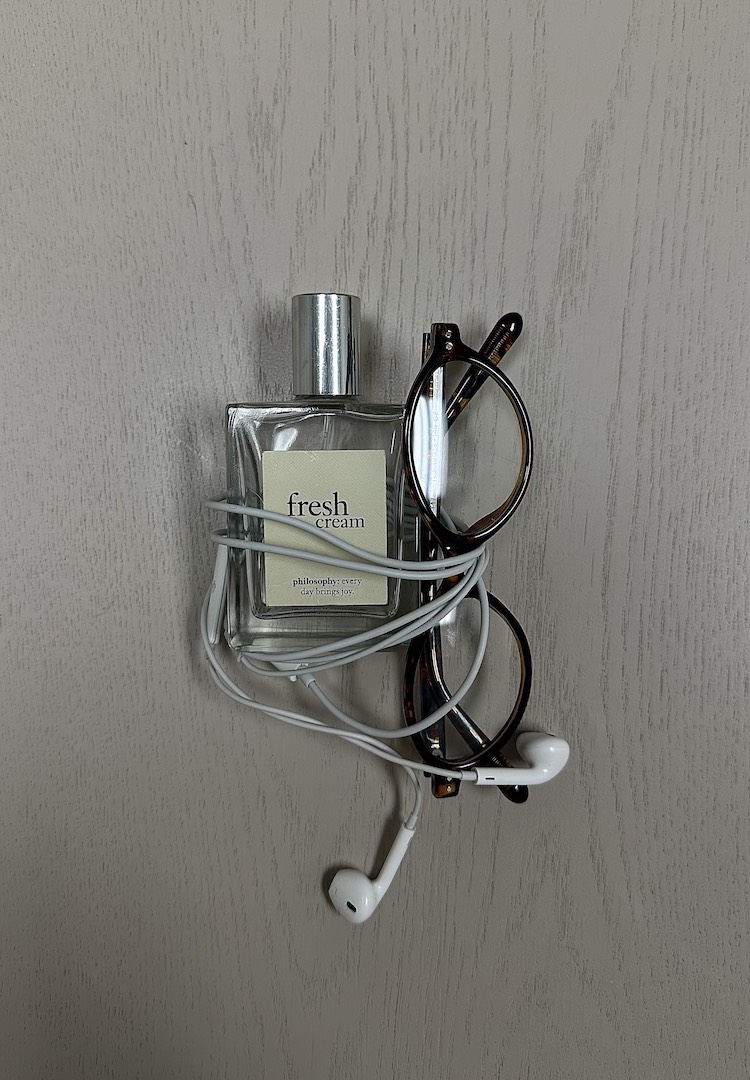Ask A Sex Therapist: How can I get in the mood for sex?
Words by Laura Miano
Tips to help activate your arousal.
Laura Miano is a sex therapist, director of evidence-based therapy practice Miano Clinical Sexology, and co-founder of sexual wellness brand Posmo. Her mission is to empower individuals to embrace their unique sense of sexuality and achieve a more fulfilling sex life. To learn more about her, follow @lauramianosexology.
I’ve been finding it difficult to get in the right mood for sex. How can I start turning myself on? – Turned Off
Hi Turned Off,
If it helps, you’re definitely not alone. Your libido can fluctuate as frequently as your mood and is impacted by a variety of external factors like hormonal changes, age and stress. As we’re all acutely aware, the last two years haven’t been easy – which means our collective lockdown libido has taken a plummet.
But never fear! While your sex drive might have taken a short sabbatical, this doesn’t mean it’s disappeared forever – sometimes your mind needs a little encouragement to catch up with your body. To help, I’ve put together some tips for before and during sex to help get you there (hopefully all the way there).
For more sex advice, head on over to our Life section.
It should go without saying that these tips are for your pleasure; you should never feel pressured to turn it on when it doesn’t feel right. Most of us aren’t round-the-clock horny beings (that would be exhausting) and sex should always feel good. Achieving ‘the mood’ is all about listening to your body, relaxing your mind and letting go.
Get relaxed
Your sex drive switches off when you’re stressed, particularly when you’re in that flight or fight response mode. Think about it – if humans were able to continue to be aroused when facing a threat, we probably wouldn’t survive long. Activities that work to reduce your cortisol levels (the stress hormone) help to quiet your mind and drop into your body.
These can be simple self-care activities like having a bath, meditating, deep breathing, doing yoga, giving or receiving a massage (this is a great option for couples) or listening to calming music. This is your chance to employ any relaxation techniques that work for you.
Play with eroticism
There’s an important difference between having sex and being erotic. Eroticism is all about exploring your sensuality; it’s about being sexually playful and imaginative. Pre-sex, you want to create a flirty mood between you and your partner (or maybe it’s just you – we love that).
Take some time to think about what turns you on. Activate your erotic brain with cheeky compliments, lingerie, sexual daydreaming and lots of self-affirmation (because you’re hot).
Look after yourself
If you feel amazing on the inside, it shows. As your brain is the biggest sexual organ, it pays to look after your mind – big time. This can mean getting a good night’s sleep, eating well, exercising, drinking enough water, staying socially connected and living a healthy, balanced lifestyle. You’ve heard it all before (I know), but generic health advice is generic for a reason!
Find everyday pleasure
The vital ingredient to amazing sex? Pleasure. And in order to achieve that happy satisfaction in the bedroom, you can start connecting to everyday pleasures in a non-sexual context. This includes anything that makes you happy!
Think eating delicious food, spending some time in the sun, dancing to your favourite song or taking a long, indulgent bath. Engaging in pleasure throughout the day in a non-sexual sense will help you get into the mood when the time comes.
Create the right space
Even if we don’t realise it, our environments can impact our sexual experiences on a subconscious level. Creating a clean and sensual space using candles, dim lighting, music and soft textures can help you to relax, enjoy and get into the mood.
Understand what makes you feel good
So we’ve talked about getting in the mood pre-sex, but how do you stay aroused once you’re finally there? Knowing what makes you feel good allows you to steer your experience in the right direction.
A simple way to figure this out is by exploring masturbation – solo or mutual – and listening to your body without any judgement or expectation. Sit back, close your eyes and take your time.
Communicate your desires
Now that you know what you like, it’s time to tell your partner. Whether this is through non-verbal (body language, physical affirmations) or verbal (talking to your partner, asking questions) communication, establish a mutual understanding of what turns you both on.
It can be a little intimidating to voice your desires but it doesn’t have to be complicated. The exchange can be as simple as saying “Hey, that feels really good” or “Do you like what I’m doing?” Always ensure consent before sex (always) and keep checking in with your partner to make sure they feel comfortable and relaxed.
Change up the routine
Getting creative in the bedroom is fun, reinvigorating and can prevent your mind from wandering. Pleasure can be hard to maintain when you’re not present during sex. If you’re on autopilot and zoning out, it can be challenging to sustain arousal. Start by asking yourself questions like ‘Is this what I feel like doing right now?’ and ‘What is my body saying to me?’.
From there, you can start experimenting with different desires, fantasies and curiosities. This is a great time to implement sex toys, fun foreplay and new positions. Having sex is like cooking – even if you aren’t inherently creative, chances are you’re willing to try a new recipe. If you are feeling sexual anxiety around trying new things, talk to a sex therapist or health professional.
Slow it down
A lot of people tend to rush through sex. If you slow it down, you give your body more time to respond to stimulation and send these signals back to your mind, working in a kind of constant feedback loop.
For vulva owners, physical arousal means a gradual ‘swelling’ of the vagina (caused by blood flowing to the area) and some natural lubrication – achieving this can take anywhere from 20 to 40 minutes. Enjoy the process!
If you try these magical tips and are still struggling with your libido, it could be an indicator of an underlying health issue. Don’t stress – talk to your doctor, reach out for support and trust that there’s some wonderful sex in your future.
See the other instalments in our Ask A Sex Therapist series here.













